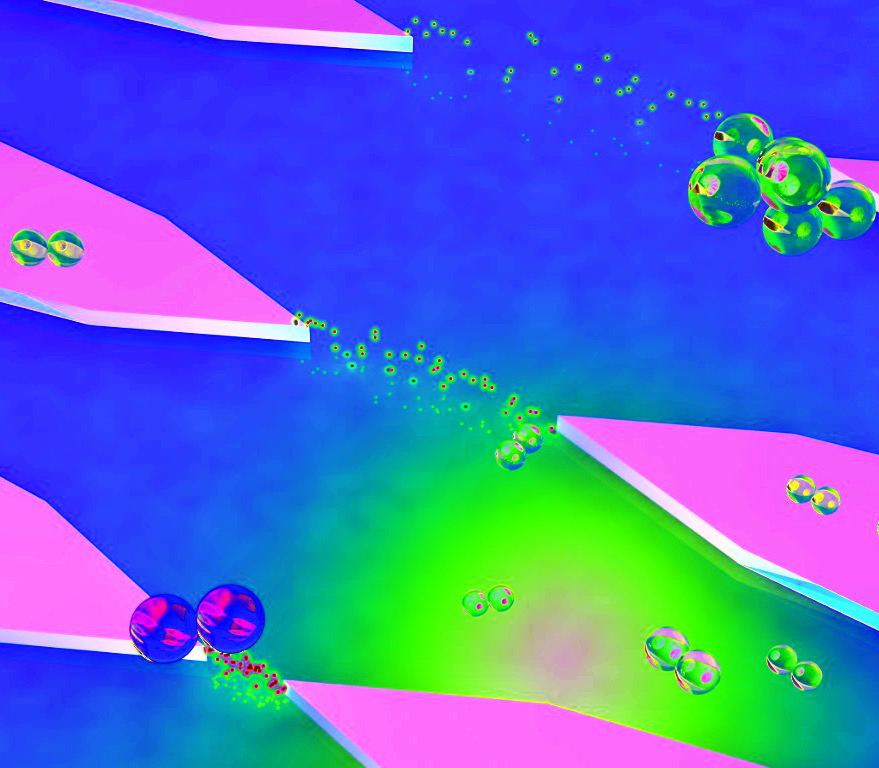Crystals stretched for drug boost
 Researchers have developed a new method to deliver therapeutic drugs using elongated nanocrystals.
Researchers have developed a new method to deliver therapeutic drugs using elongated nanocrystals.
A collaboration between the Australian Nuclear Science and Technology Organisation (ANSTO) and Monash University has investigated the production of new, elongated polymer nanocapsules, which can carry a high payload of drug nanocrystals.
The method could potentially increase drug targetability, and also decrease dosage frequency and side effects.
It is the first time this method has been investigated, and the experts say it represents a pioneering method of investigation in the field of colloidal science applications for drug delivery.
Nanoparticles have been used to increase the delivery efficiency of cancer therapy because of their biocompatibility, versatility and the ease of functionalisation.
The Monash team engineered novel elongated polymer nanocapsules, which are unlike the more well-known spherical nanocapsules.
The elongated polymer nanocapsules were made with elongated liposomes or surfactant vesicles and used drug nanocrystals as a template.
The results provided strong evidence that the elongated structure could be retained, and also confirmed that the loading method to form rod-like drug nanocrystals inside liposomes was a practical solution.
The combination of the high drug payload, in the form of encapsulated nanocrystals, and the non-spherical feature of liposomes represents a more efficient delivery system.
The elongated shape could be better because it is more difficult for immune cells to internalise them, and researchers say therapeutic efficiency at the target site can be maximised.
The full study is accessible here.







 Print
Print